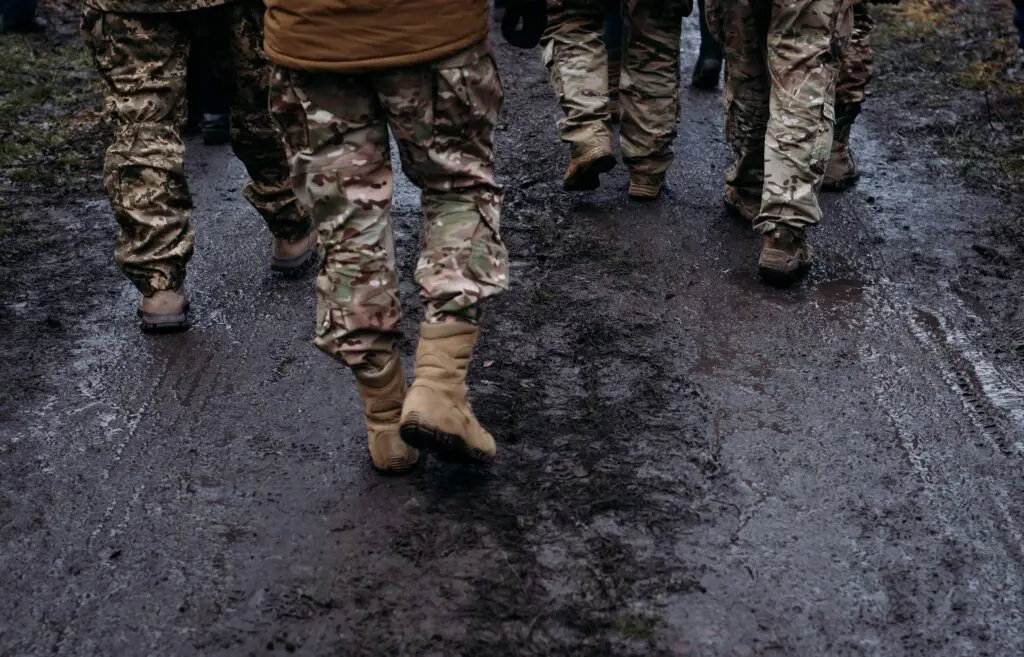Academics in the UK are working with an engineering expert from Ukraine to develop pioneering rubble recycling technology to help rebuild his devastated country.
Associate Professor Oleksii Hunyak and researchers at the University of Leeds are looking to carry out eco-friendly reconstruction of the estimated 150 000 buildings and structures destroyed by the Russian military.
The university is collaborating with a consortium of British, Ukrainian and Dutch organisations to deliver the Safe, Sustainable, and Swift Reconstruction of Ukraine (S3RoU) project to start recycling some of the estimated 1.4 billion tonnes of concrete debris.
Pioneering technology
Leeds is pioneering new technology to recycle rubble from destroyed buildings into new concrete which is as strong and safe as the conventional construction material. The process involves crushing the rubble, stripping out any steel, textiles or hazardous materials, such as asbestos, and reverse processing it to produce the aggregate materials used to create fresh concrete.
Traditional practices often lead to low-grade reuse of rubble, such as backfill or landscaping, which waste valuable resources and compromise environmental benefits. It is hoped that the University’s rubble recycling technology can eventually be used to support other countries around the world affected by war or natural disasters, including earthquakes.
Recovery
Professor Hunyak, based at the Lviv Polytechnic National University, is excited about taking on the challenge of using a greener way to help his homeland recover from the conflict. ‘In Ukraine, we have no experience of recycling concrete – but sadly we have no shortage of rubble to recycle.
‘Working to rebuild my country from the rubble is something which absolutely drives me. It is important we do this in a sustainable way because we want to play our part as a modern European country in tackling the challenges of climate change that affect the whole world.’
Four Ukrainian organisations are partners on S3RoU: Lviv Polytechnic National University; the National University of Water and Environmental Engineering in Rivne; Eco+Logic, a Kyiv-based waste management company; and ReThink, a Ukrainian NGO.
Other collaborators include the University of Sheffield, the University of Oxford, Imperial College London and Dutch firm C2CA. The first reconstruction work using recycled rubble is expected to happen later this year.
Don't hesitate to contact us to share your input and ideas. Subscribe to the magazine or (free) newsletter.



